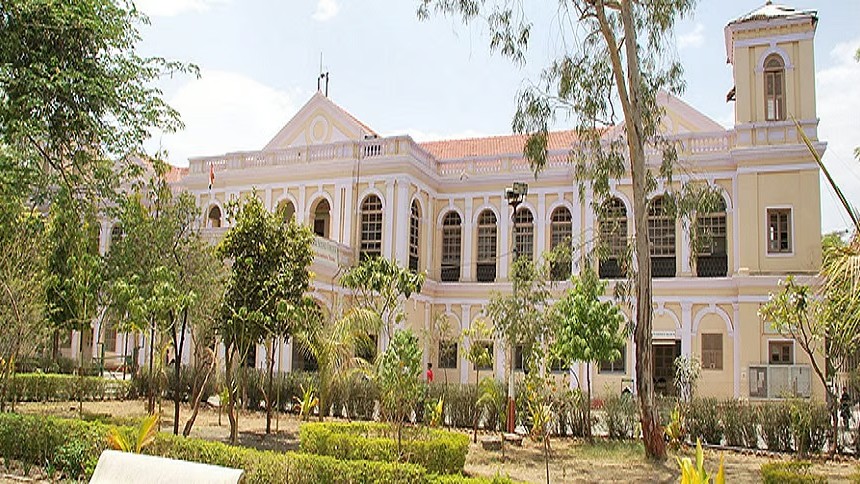Bhopal (Madhya Pradesh): After observing that a large number of higher education institutes were avoiding participation in the National Assessment and Accreditation Council (NAAC) accreditation process due to fear of being exposed for their quality and standards, the Higher Education Department has decided to implement the binary accreditation system from next month.
The department believes that the new system, which categorises institutions simply as “Accredited” or “Not Accredited,” will encourage wider participation.
“Binary accreditation will motivate more higher education institutes to join the assessment process, as it eliminates the fear associated with grading. Earlier, NAAC graded institutions under categories like A++, A+, A, B++, and C, which created apprehensions among institutions about their quality being exposed.
As a result, only 5 to 10 percent of institutes were participating in the NAAC grading process,” said a senior official of the Higher Education Department.
Under the binary accreditation system, institutions meeting minimum standards will be accredited. This move will provide the government with a clearer picture of number of institutes meeting acceptable education standards.
Preparations are underway for its full-scale implementation from next month. A state-level body will be constituted to assist institutions in navigating the new accreditation process.
The Binary system also includes a Maturity-Based Grading Accreditation (MBGA) category, intended for top-performing institutions at the next level.
Notably, out of 1,360 colleges in the state, only 159 are currently NAAC graded. Among universities, only Jiwaji University and Gramodaya University have achieved super grades under the NAAC system.
